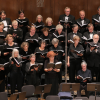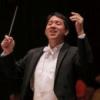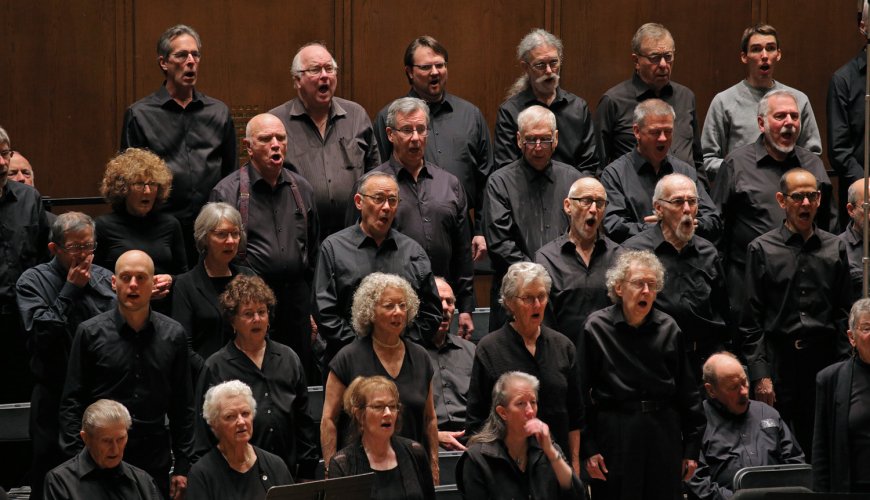
Among the estimated 42 million Americans singing in the country’s 270,000 choral groups, the members of the Berkeley Community Chorus & Orchestra (BCCO) have some special claims to fame.
Founded in 1966 by conductor Eugene Jones, BCCO has now seen several generations of non-auditioned singers contribute to decades of concerts that have received rave reviews and have always been offered free of charge.
Janice Murota, an alto with the ensemble and also its volunteer publicist, says, “BCCO runs on volunteer power. Singers in the chorus arrange weekly rehearsals and sectionals. They are the concert organizers, ushers, and donation collectors. They publicize the concerts, order scores, arrange for orchestral rehearsals, and support the professional soloists [that the chorus brings in]. And BCCO sends its chamber group, Berkeley Community Chamber Singers, to perform for patrons who are unable to make it to the concert hall.”
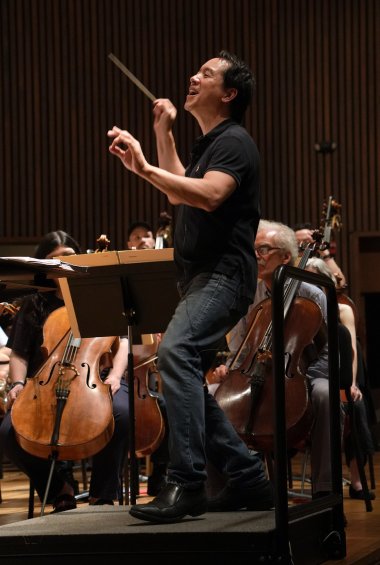
On top of all that, when it comes to repertoire, BCCO likes to program large, demanding works, some of which are rarely performed. The ensemble’s next concerts, May 30 – June 1 at UC Berkeley’s Hertz Hall, are a case in point.
Music Director Ming Luke is set to lead three performances of Sergei Taneyev’s St. John of Damascus and Camille Saint-Saëns’ Requiem. The soloists on the program are baritone Simon Barrad, alto Sara Couden, soprano Ellen Leslie, and tenor Brian Thorsett.
St. John of Damascus is the rare beast here. Luke says that the cantata was Taneyev’s first published work, which immediately placed him in the upper echelons of 19th-century Russian composers following the Mighty Five.
“This is only the second time the Taneyev has been performed in Northern California,” Luke adds. “Taneyev entered the Moscow Conservatory at age 9 and studied composition with Tchaikovsky. He wrote a two-volume treatise on polyphony, [and that musical texture of multiple independent lines] is heavily featured in the cantata.
“In the Saint-Saëns, soloists and chorus echo each other in soaring vocal lines, [the] effect both lucid and poignant. The Requiem was dedicated to Saint-Saëns’ friend and patron, Albert Libon.”
Author Jacques Bonnaure noted in his 2010 introductory biography of Saint-Saëns: “This unjustly neglected Requiem is perhaps the most sensitive, imaginative, and perfect work by the composer, who finds here, more than ever before, a classical balance between form and expression, innovation and tradition, sophisticated compositional style and immediate effect.”
Expectation is great among BCCO’s choristers, especially regarding St. John of Damascus. “For me, it’s quite wonderful to sing these marvelous melodic lines,” Murota says. “Altos are sometimes stuck with singing a single note for five measures or even longer. Taneyev has given every voice part melodic lines that intertwine beautifully. It’s almost [like J.S.] Bach, but it’s [also] so Russian.”
Tenor Ignacio Dayrit adds, “I wish I could sing the soprano, alto, and bass lines, too.”
Joan King-Angell, who also performs in the tenor section, reflects, “I have sung some Russian works with BCCO before, but the Taneyev is different — combining Russian singing with chant. As the Saint-Saëns also has some chantlike qualities, it makes for an interesting pairing.”
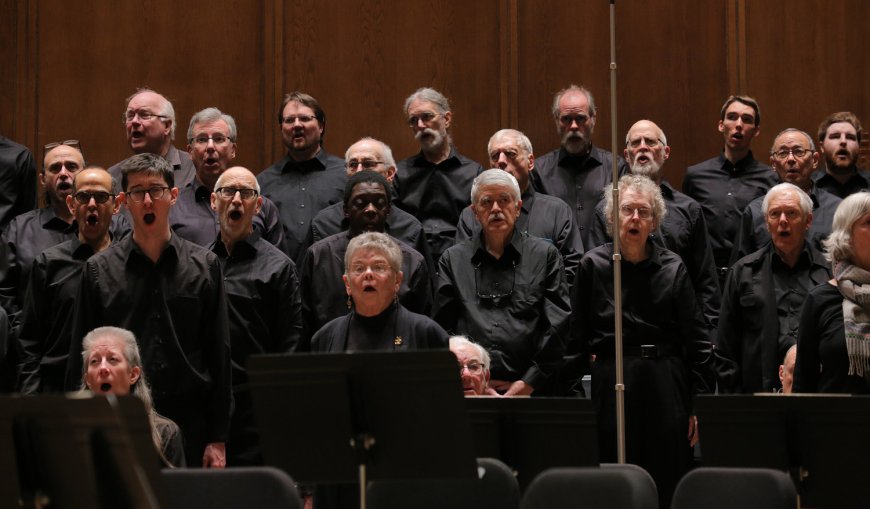
King-Angell has years of experience for comparison. “I sang in choirs all through school but stopped at the university level. It has truly been a joy to pick the skill back up in retirement. The rehearsals are the highlight of my week. Singing with a big choir, to an even bigger audience, is a real thrill.”
Soprano Elise Proulx likewise zooms out to mention BCCO’s broader impact. “The opportunity to join a non-auditioned chorus of this caliber is life-changing,” she says.
Preparations are hard: 2½-hour weekly rehearsals for four months, with numerous sectionals and all-day weekend rehearsals. For each piece, BCCO produces CDs and MP3s for practice purposes and also provides printouts of the pronunciations of the text.
Some of the singers say they play the CDs in their cars and at home constantly. Every rehearsal is recorded and can be heard on BCCO’s StoryChorus YouTube channel. Singers who can’t make it to a rehearsal in person follow along on Zoom.


